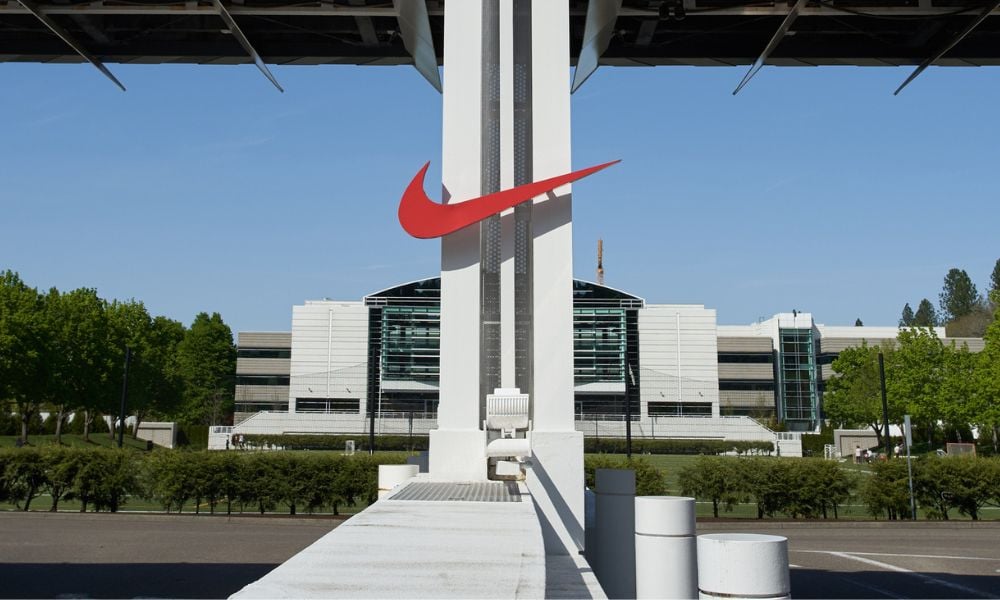Leaders of tomorrow’s global companies will have a very different mindset from those of today, writes Craig Donaldson
Leaders of tomorrow’s global companies will have a very different mindset from those of today, writes Craig Donaldson
To compete effectively in global markets, Australian business leaders will need to continue to increase their knowledge and understanding of the changing international scene and the inter-relationship between business, society and the environment.
A recent global report has found that there will be increasing pressure on corporate executive teams to place a far greater emphasis on the impact of global companies on social and political systems, the natural environment and the global economy. This requires a refocus on a wider definition of corporate success.
Leaders of tomorrow’s global companies will have a different mindset from those of today, the report found. For example, leaders in the future will have a wider and deeper perspective of how they define the focus of business.
Such leaders will possess a global as well as a very local understanding of the world, one which is sensitive to a diverse workforce, the different societies in which the company operates and the different governmental regimes under whose laws and regulations the company produces, competes and serves customers, says the report, Tomorrow’s Global Company: Challenges and Choices, published by Tomorrow’s Company, a UK-based, business-led international think-tank.
Furthermore, future leaders will need to be multigenerational in their outlook and think about the long-term impact of decisions made by people in the company for societies, environments and livelihoods.
Leaders of the future will also be true to the core values which are embedded in the organisation. “Like a mountaineer’s rope, these allow much more delegated responsibility, independent decision-taking and risk-taking. And the values will be a magnet to the best talent and strong enough to absorb and include the different ways of seeing the world within the corporate community,” the report said.
“The best companies link pay and promotion to their values, rewarding those who are judged to have lived up to what the company stands for … It is essential that those who fail to respect the company’s values do not progress in an organisation. It takes vigilance and accountability to uphold values in practice. Without reinforcement, individuals’ behaviours can become inconsistent with the company’s values.”
To guide their employees’ behaviour in specific circumstances, the report said that companies need to supplement values with rules and codes of conduct which set clear and detailed expectations on how the values are applied.
“Values do not displace rules, but companies need to ensure their rules are aligned with their values.
“[A favoured approach] avoids providing rules for every possible eventuality because this encourages employees to take the initiative in living out their values. It means that when difficulties arise, the employee’s first reaction is to think, rather than reach for the rule book,” the report said.
The world of business is experiencing the negative impact of economic influences, partially caused by poor business decision-making and, in some cases, lack of corporate responsibility by senior executives, said Les Pickett, chief executive of Pacific Rim Consulting Group and ambassador for Tomorrow’s Company.
As such, he said, HR executives have a great opportunity to take a critical lead role in the identification of a new set of corporate values, and in working with the senior executive team to have these communicated and embedded in an organisation.
The report identified the purpose of tomorrow’s global company as “to provide ever better goods and services in a way that is profitable, ethical and respects the environment, individuals and the communities in which it operates”.
“This is clearly a major people challenge, and who better than the HR team to take the lead in creating the environment and introducing the practices that will hold people at all levels accountable for their observation?”Pickett said.
“For years now many HR practitioners have been bleating about their lack of a seat at the board table –well, here is a real and practical opportunity. Grasp it!”
Clearly, this would not be a short-term, instant-fix project, Pickett said. “We are talking about a major change in attitudes and practices. This means that forward-thinking HR professionals will research the changing international environment in which global companies operate,” he said.
HR professionals will recognise that there is much to be gained from studying the recent major corporate failures both here in Australia and internationally, according to Pickett.
They will equip themselves with knowledge and understanding, challenge their own organisation’s values and practices and progressively influence the thinking of members of their executive team. He said they will also identify existing talent and fast-track the development of tomorrow’s global business leader.
The personal qualities of tomorrow’s global business leader
Clear vision: Global leaders operate in a complex, turbulent and uncertain environment. They need to be sufficiently in touch with the outside world to sense the most important trends and use these to visualise what success will mean for their company.
Strong values: Vital for tomorrow’s global company. Leaders not only set direction but also the pattern for behaviour and ethics. Vision is often based on values because it represents the destination that a leader believes the company should reach if it lives out its values.
Courage: When things are changing fast companies need to take bold steps and move in new directions. As well as the vision to know which direction to go in, leaders need the courage to take risks, break with the pack and deal resiliently with the inevitable adversity.
Empathy: 21st-century leaders need to interact with a wide variety of people, ranging from employees and investors to governments and non-government organisations. In such situations it is vital for leaders to be culturally aware, have empathy and stand in others’ shoes.
Accessibility: Effective leaders of large dispersed organisations may have limited opportunity to meet people face to face, but they must take every opportunity to interact with those at the frontline and use a range of communications media to keep in touch with and listen to the views of people at all levels.
High-level negotiating and interpersonal skills: This is particularly necessary in taking a more proactive role in helping to fill the global governance vacuum and developing relationships with non-government organisations, governments and other companies.
A passion for teamwork: Tomorrow’s great leader will not be a superhero who runs the company single-handedly, but someone who will build a team from people of all backgrounds and give them space to take decisions – a very different skill.
Humility: The leader of tomorrow will accept his or her limitations. To hold a top -level leadership position in a major global company is to be in a position of considerable power and to be constantly subjected to public scrutiny. In such a role, self-belief and confidence are essential qualities, but arrogance is damaging. It is important to balance confidence with a willingness to admit one’s mistakes and keep learning. Respect is earned through action and integrity, not through the trappings of position and power.
Commitment to future leaders: Along with a team-working approach to present day challenges goes a commitment to developing the team for the future and knowing when to stand aside for a successor.
Readers of Human Resources magazine can obtain a copy of Tomorrow’s Global Company report by emailing Les Pickett at [email protected]








